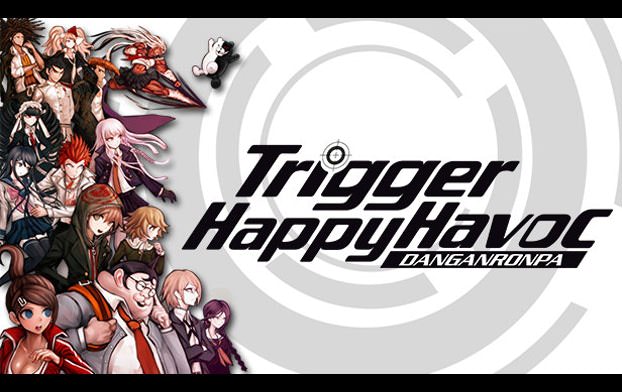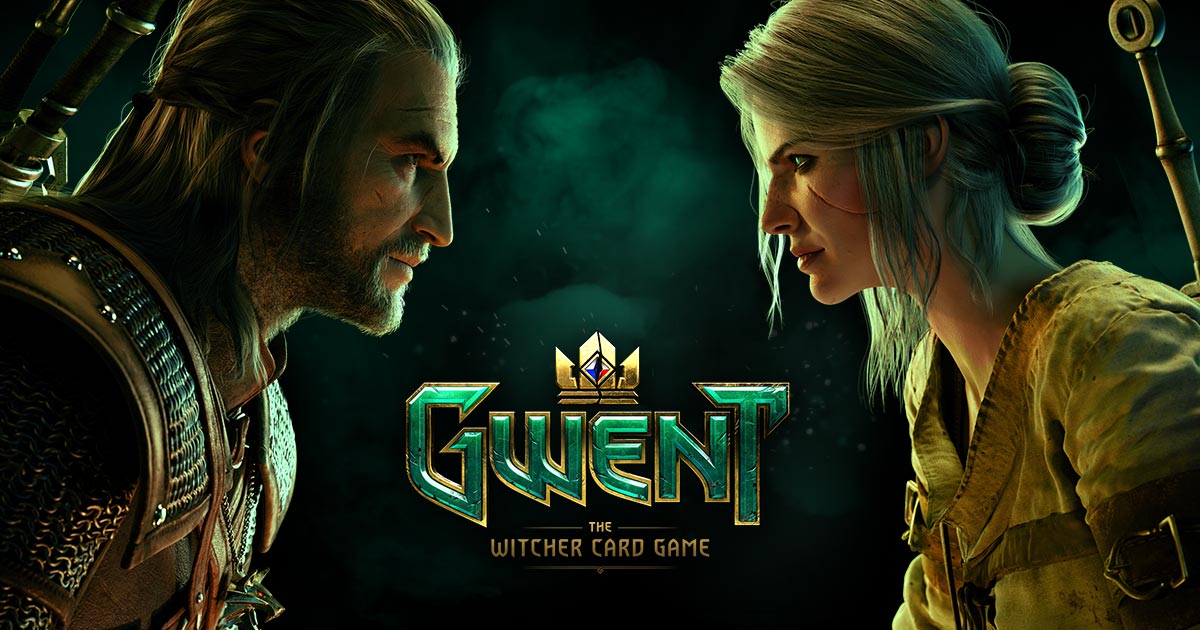Wow, I thought I would be posting these way more often. Time and circumstance forced my hand, unfortunately, but here’s some stuff I guess.

Danganronpa – Trigger Happy Havoc (***** stars)
Danganronpa is Phoenix Wright: Ace Attorney, if it involved a Battle Royale-style situation where everyone was enclosed in a small space and forced to murder each other for the chance to earn their freedom. If that sounds intriguing, you should immediately buy this game and play it and not read what I’m about to say below – the less spoilers, the better.
So, with that out of the way, Danganronpa isn’t much of a video game – sure, you “explore” and “pick up” clues/objects/etc, but essentially Spike Chunsoft provided us with a well-written high concept murder mystery novel involving an evil, talking bear – no more, no less. The “game” portions consist of the usual adventure game tropes, and additionally trials where you choose contradictory words and phrases to tease out the truth when finding the real killer. In effect, the artifice of the “game” portions add little to what’s actually happening here – they simply facilitate the on-going story of the novel.
So why do I give it a five-star rating? Because the (visual) novel itself has characters so interesting, so weird, and characterization so against type and predictability that you’ll be on the edge of your seat most of the time. Coming to the realization of who killed who – and trust me, it could be anybody – shrouds the player with a sense of inevitable dread as the EUREKA also leads to someone’s death. Characters you end up getting to know, and like, will end up dead, and Monokuma laughs. It’s hard to describe the oppressive atmosphere this game gives off, all without jump scares of any kind – you, the player, provide this with your investment in the story. And this track continues all the way to the insane, bombastic finale that would be difficult to predict, yet totally consistent with what’s come before (and totally foreshadowed, for the astute).
The game kept me up at night for a week, and I can’t give a piece of media a higher recommendation than that. If you like mystery, intrigue, and weirdness, give this a go IMMEDIATELY.

Gwent – The Witcher Card Game (**** stars)
I find multiplayer games hard to rate. On the one hand, I’m not a real expert in the genre, so how could my review hope to encapsulate what’s good, bad, or wrong when I can’t even make it to the highest ranks? On the other hand, can a competitive game intrigue even me, a person who cannot play these games for hours on end? And, most importantly, can I actually play for fun, lose, and not feel too tilted?
Surprisingly, a card game from a franchise that I could give two craps about somehow checks those boxes.
Gwent, a card game wholesale invented for The Witcher III: Wild Hunt, turned into a F2P online card game several years ago – since then, it’s seen many, many iterations, so many to the point that modern competitive Gwent might be totally unrecognizable for those who played its prior iterations. I, however, have none of that baggage whatsoever, and thus I can enjoy Gwent for what it is – a simple game with many, many complexities. In fact, the game’s so simple I can probably explain it in a few sentence.
The objective of every game of Gwent consists of you and your opponent drawing 10 cards. Each card has a point value; you play one card per turn. Each player keeps playing cards until one player decides to pass; whoever has the highest point total wins. The first player to win two out of three rounds wins. In a way, Gwent operates totally dissimilarity from most other card games. The only resource is your cards – they have no cost associated with them, apart from inclusion in the deck, and you have twenty five cards total to beat your opponent’s totals in two rounds. Note that you draw three additional cards every round, so you need to use your limited card resources wisely.
The difficulty comes in when to play cards, rather than if I happen to draw the winning cards. Gwent deals in a low-variance playstyle, since each game round gives you so many cards, and several mulligans to the point where you rarely are lacking for your win condition (it does happen, but not nearly to the point of Hearthstone, Magic: The Gathering, etc). Thus, Gwent games tend towards confrontations of personal skill, rather than mana screws, terrible draws, and the usual issues I encounter in most card games. Hence the lack of tilt – I know I am terrible at this game, granted, but at least it’s due to my lack of skill rather than a poor random number generator pull. That makes all the difference in turning Gwent into a fun game, rather than a competitive treadmill.
What also helps comes to the generosity of Gwent’s F2P model – CD Projekt Red went for the monetization of cosmetics rather than cards. Obtaining cards is surprisingly fast, as the game showers you with packs and reward points to keep buying more packs (for reference, I’ve probably gotten enough free currency to buy 200 or so kegs so far in a few months of casual play). Sure, the rewards slow down, but crafting several viable decks (or, at least, fun decks that can win sometimes!) isn’t an impossible goal. And honestly, I don’t feel bad spending money on a game where the developers seem involved to the point of monthly balance changes, changes unused cards to make them more viable, and totally changing old cards to make them playable at all (certain mechanics simply vanish from the game as the devs realize their mistakes).
Take all of this, and you’ve got a pretty fun card game that doesn’t waste your time or demand your money to provide a solid, strategic, and enjoyable card game experience. Since it’s free, Gwent will be an easy recommendation!
